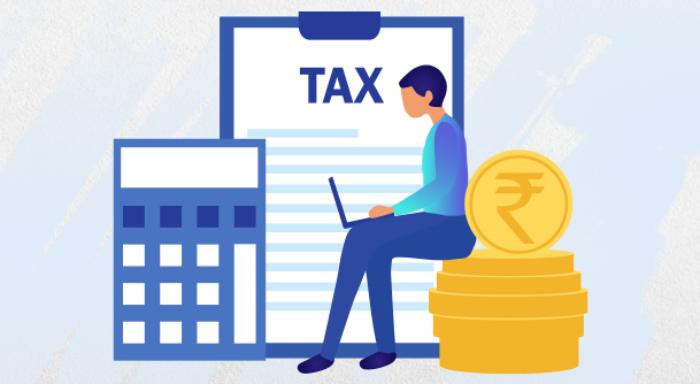Life Insurance Premium
Blog Title
2382 |
8/7/23 11:08 AM |
The advantages of life insurance are straightforward. However, when life insurance introduces its own terminology, comprehending it can become a challenge. Terms like "beneficiary," "rider," and "underwriting" surface often as you seek life insurance options. Over time, these terms might become a bit unclear.
Becoming well-versed in life insurance demands patience, yet if there's one term worth becoming particularly acquainted with, it's "premium." This term holds significance as it directly relates to the amount, you'll need to pay to maintain your life insurance protection.
What is ‘Premium’ in Life Insurance?
In simple terms, a ‘premium’ is a payment. It's the money you give to your life insurance company in return for your coverage. The actual money that your beneficiaries would receive if you passed away while the policy is active is called the ‘death benefit’.
If you can't make these payments, your family won't continue to have life insurance coverage. This is why it's crucial to choose a policy with payments (premiums) that fit within your budget.
You can make premium payments for different policies on a yearly, quarterly, or monthly basis.
How is the Insurance Premium Calculated?
You can use an insurance premium calculator to figure out the cost of your premiums, but the calculation process depends on various factors, like:
- Your age
- Where you live
- Your job type
- Health history and current medical conditions
- Habits like smoking or other lifestyle choices
- Likelihood of making claims
- Your income
- Physical attributes like height and weight
- Marital status and dependents
- Gender
- Risky hobbies
- Travel history
- Debts
Insurance companies also consider the mortality cost, which is the guaranteed amount they'll pay if the policyholder passes away. This is also determined using the factors mentioned earlier. The operational expenses of insurance companies, like office space rent and employee salaries, and the interest earned on invested premiums, also impact the premiums.
What happens If You Stop Paying Premium for your Policy?
If you stop paying the money for your life insurance, your policy might end, depending on what your insurance company and the type of insurance you have say. There's usually a certain time called a ‘grace period’ when your policy won't end even if you haven't paid. This time can be different based on the type of policy and the company. But if you have a regular term life insurance policy and you miss a payment without paying during the grace period, your policy will usually end.
If your policy ends, the money your family would get when you die also stops. This could put them in financial trouble. However, many policies have a ‘revival period’. During this time, you can catch up on the payments you missed and start your coverage again.
Siddhant Dubey - Writer & Photographer
Siddhant works as a freelance content writer who is interested in a wide range of spheres from photography and personal finance to cooking. He is also an aspiring photographer striving to showcase life around him through his vision.










